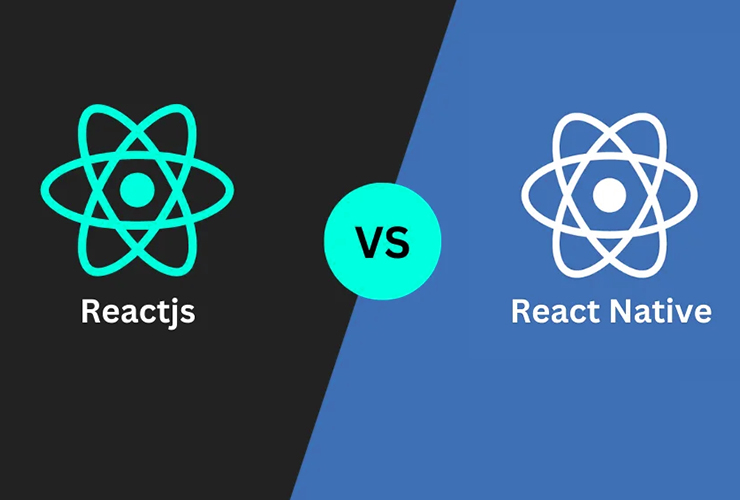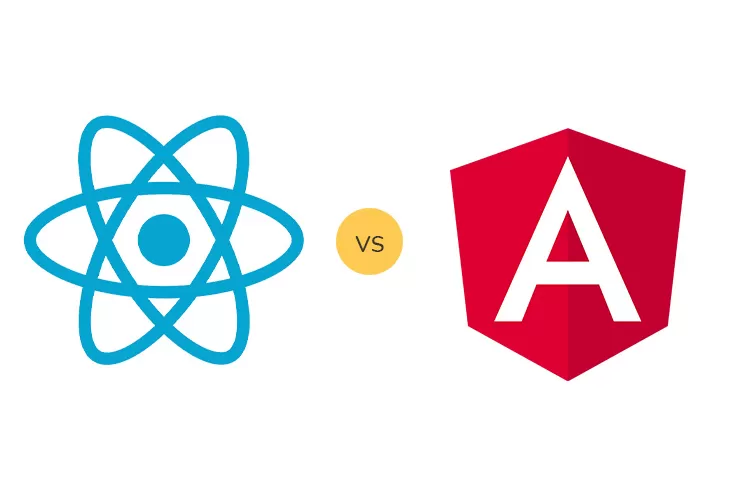In the ever-evolving world of web and mobile app development, choosing the right technology can significantly impact the success of your project. ReactJS and React Native, both developed by Facebook, are two popular frameworks used for building user interfaces. Despite their similarities, they serve different purposes and are suited for different types of projects. In this article, we’ll explore the differences between ReactJS and React Native, helping you determine which is the right choice for your needs.
What is ReactJS?
ReactJS is a JavaScript library used for building dynamic and interactive user interfaces for web applications. It allows developers to create reusable UI components, making the development process more efficient and easier to manage. ReactJS follows a component-based architecture, where each component represents a part of the UI and can manage its own state. This modular approach simplifies the development of complex UIs and improves code maintainability.
Key Features of ReactJS:
- Virtual DOM: ReactJS uses a virtual DOM to efficiently update and render components, improving performance.
- Component-Based Architecture: Encourages reusability and modularity in code.
- Unidirectional Data Flow: Ensures predictable data flow, making debugging easier.
- JSX Syntax: Allows developers to write HTML-like code within JavaScript, enhancing code readability.
When to Choose ReactJS
- Web Applications: If your project is a web application, ReactJS is the clear choice due to its optimization for web development.
- SEO-Friendly Projects: ReactJS can be combined with frameworks like Next.js to create SEO-friendly applications.
- Complex UIs: When you need to build complex and dynamic user interfaces with reusable components.
What is React Native?
React Native is a framework for building native mobile applications using JavaScript and React. It allows developers to write code once and deploy it on both iOS and Android platforms. React Native provides a set of native components that map directly to the platform’s native UI elements, ensuring a truly native look and feel. This approach combines the advantages of native development with the efficiency of a single codebase.
Key Features of React Native:
- Cross-Platform Compatibility: Write once, run on both iOS and Android.
- Native Components: Uses native UI components for a seamless user experience.
- Hot Reloading: Enables developers to see changes instantly without recompiling the entire app.
- Rich Ecosystem: Access to a wide range of libraries and plugins for enhanced functionality.
When to Choose React Native
- Mobile Applications: React Native is ideal for developing mobile apps for both iOS and Android with a single codebase.
- Fast Development: If you need to launch a mobile app quickly, React Native’s hot reloading and code reusability can speed up the process.
- Native Performance: When you require a truly native look and feel with high performance on mobile devices.
Key Differences Between ReactJS vs React Native
Platform Focus:
- ReactJS: Primarily used for building web applications.
- React Native: Focused on developing native mobile applications.
UI Components:
- ReactJS: Uses standard HTML tags and web components.
- React Native: Utilizes native mobile components, like <View>, <Text>, and <Image>.
Performance:
- ReactJS: Optimized for web performance with virtual DOM.
- React Native: Provides near-native performance by leveraging native components.
Development Environment:
- ReactJS: Requires a web browser for development and testing.
- React Native: Requires a mobile emulator or physical device for testing.
Code Reusability:
- ReactJS: Code is reusable within the web domain.
- React Native: Code is reusable across both iOS and Android platforms.
Both ReactJS and React Native are powerful tools for developing user interfaces, but they serve different purposes. ReactJS is best suited for web applications, offering a component-based architecture and efficient rendering. On the other hand, React Native is designed for mobile app development, providing cross-platform compatibility and native performance. Your choice between ReactJS vs React Native should be based on the specific requirements of your project, such as the target platform, desired performance, and development timeline.










